The Ultimate Guide To Pumpkin Companions: Plants That Will Boost Your Yield
Title: The Ultimate Guide to Pumpkin Companions: Plants That Will Boost Your Yield
Introduction:
Pumpkins are a delicious and versatile vegetable that can be enjoyed in many different ways. They are also relatively easy to grow, but there are a few things you can do to boost your yield. One of the most important things is to choose the right companion plants.
Companion planting is the practice of planting certain types of plants together to benefit each other. Some plants attract beneficial insects, while others help to deter pests. Some plants also improve the soil quality, which can help your pumpkins grow better.
In this blog post, I will discuss some of the best companion plants for pumpkins. I will also provide some tips on how to plant them together for maximum benefit.
Main Content:
Here are some of the best companion plants for pumpkins:
- Corn: Corn is a tall plant that provides support for pumpkins. It also helps to attract pollinators, which are essential for pumpkin pollination.

- Beans: Beans fix nitrogen in the soil, which can help to improve the soil quality for pumpkins. They also help to suppress weeds.
- Marigolds: Marigolds repel pests, such as squash bugs and cucumber beetles. They also attract beneficial insects, such as ladybugs.
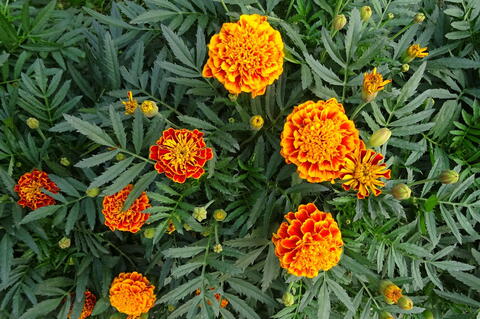
- Nasturtiums: Nasturtiums repel pests, such as aphids and whiteflies. They also attract beneficial insects, such as ladybugs.

- Cucumbers: Cucumbers and pumpkins have similar growing requirements, so they can be planted together. They also help to shade the soil, which can help to keep it cool and moist.

- Melons: Melons and pumpkins can be planted together, but they should be planted in different rows. This will help to prevent cross-pollination, which can result in misshapen fruit.
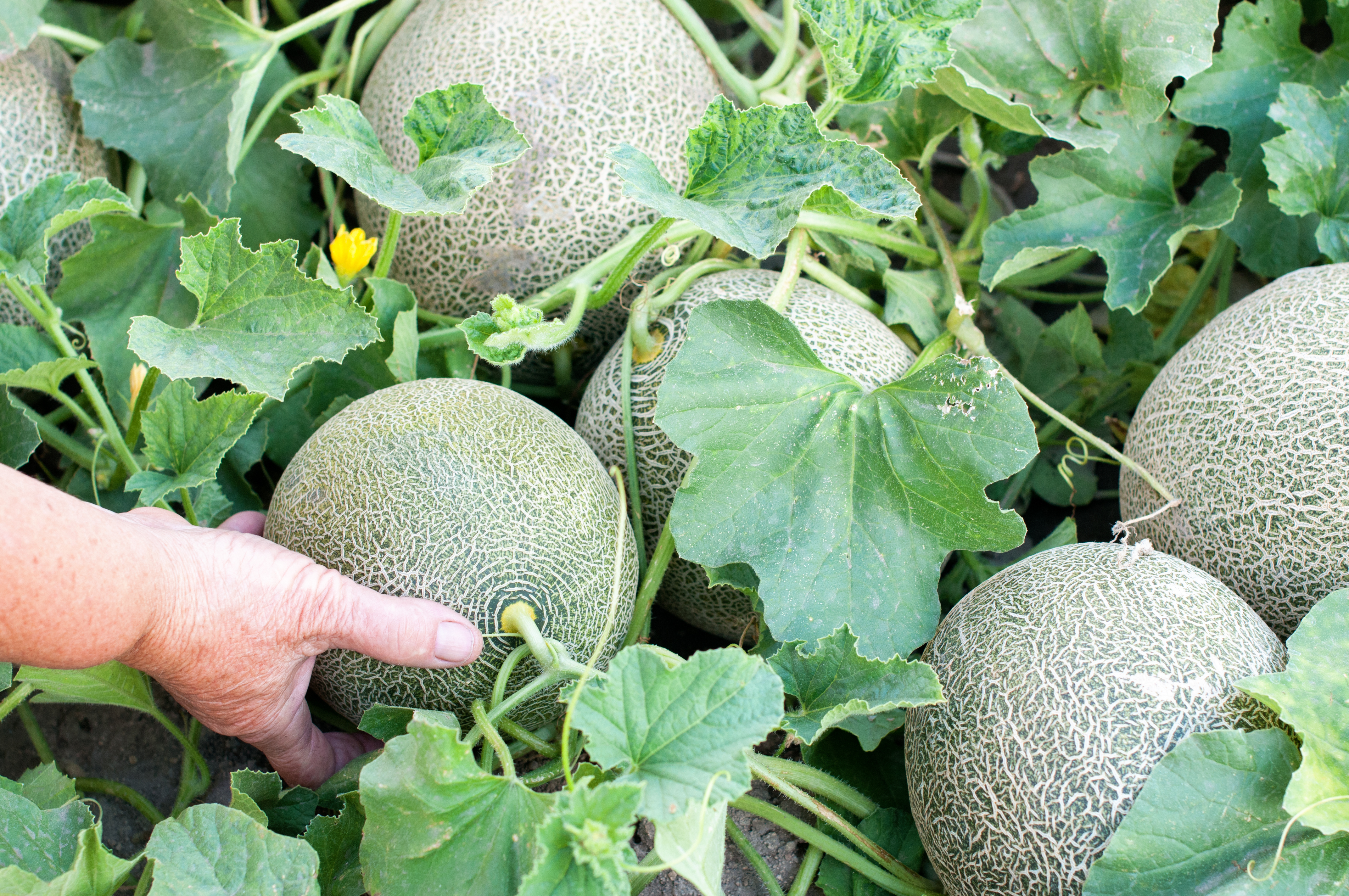
- Spinach: Spinach is a cool-season crop that can be planted early in the spring or late in the fall. It helps to suppress weeds and improves the soil quality.
- Lettuce: Lettuce is a cool-season crop that can be planted early in the spring or late in the fall. It helps to suppress weeds and improves the soil quality.
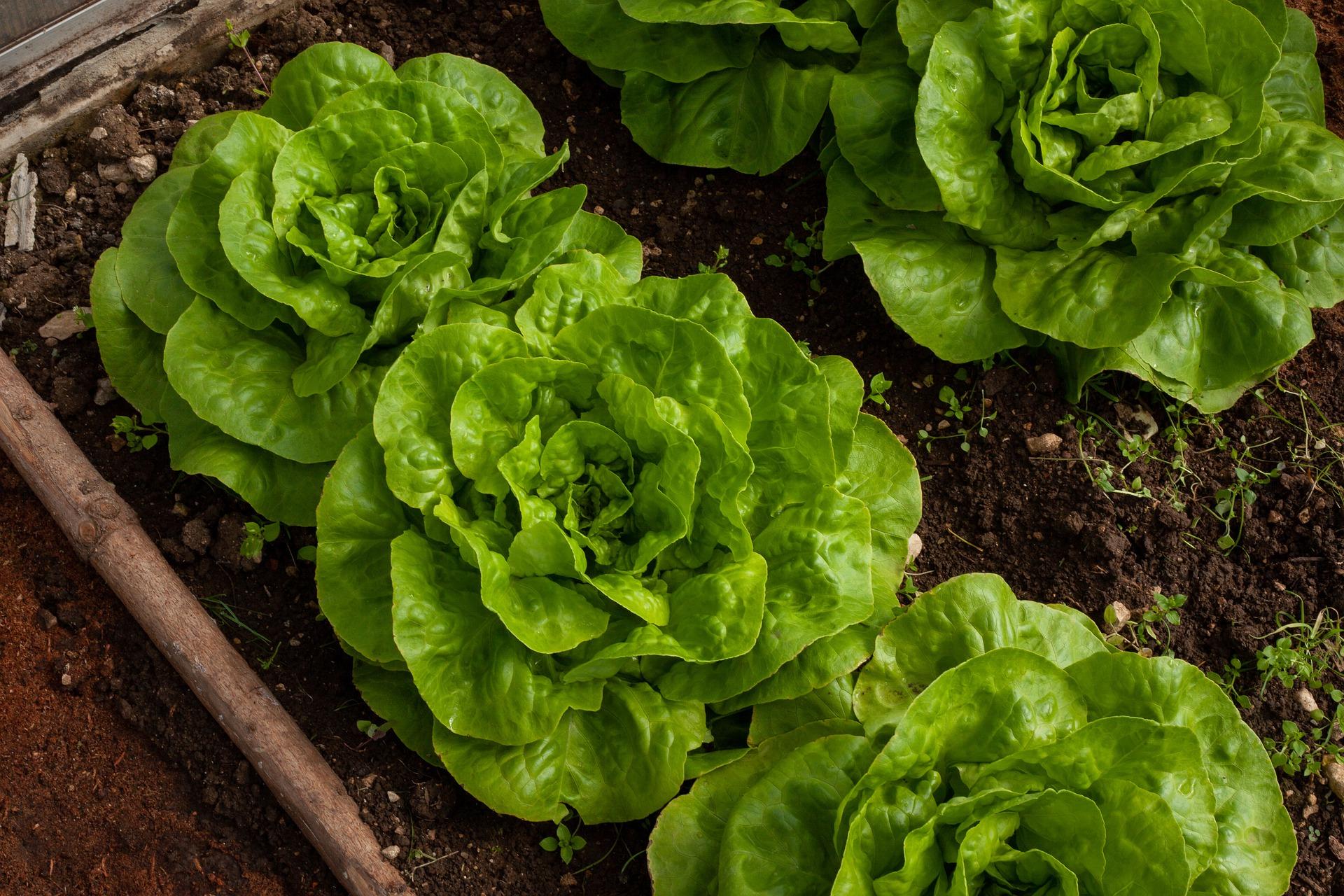
- Kale: Kale is a cold-hardy plant that can be grown in the fall or winter. It helps to suppress weeds and improves the soil quality.

- Collard Greens: Collard greens are a cold-hardy plant that can be grown in the fall or winter. They help to suppress weeds and improve the soil quality.

Tips for Planting Companion Plants:
- When planting companion plants, it is important to consider their growing requirements. For example, corn is a tall plant that needs plenty of space, so you should not plant it too close to other plants.
- You should also consider the climate in your area. Some companion plants are better suited for warm climates, while others are better suited for cool climates.
- Finally, you should experiment to see what works best in your garden. There is no one-size-fits-all answer when it comes to companion planting.
Conclusion:
By planting the right companion plants, you can boost your pumpkin yield and have a more successful harvest. So next time you are planting pumpkins, be sure to consider these beneficial plants.
Visit Garden Wiki for more information about which plants are good companions for pumpkins, and how to plant them together for maximum success.
FAQ of pumpkin companions
What are pumpkin companions?
Pumpkin companions are plants that can be grown near pumpkins to provide benefits such as pest control, pollination, and improved soil health. Some common pumpkin companions include:
- Basil: Basil helps to repel pests such as cucumber beetles and squash bugs.
- Borage: Borage attracts beneficial insects such as bees and ladybugs.
- Marigolds: Marigolds repel a variety of pests, including nematodes, aphids, and whiteflies.
- Nasturtiums: Nasturtiums attract pests away from pumpkins and also improve soil nitrogen levels.
- Pole beans: Pole beans provide shade for pumpkins and also help to improve soil structure.
- Sunflowers: Sunflowers attract pollinators and also help to deter pests.
What are some plants that I should not plant near pumpkins?
There are a few plants that you should avoid planting near pumpkins, as they can compete for resources or even harm the pumpkins. These plants include:
- Cabbage: Cabbage and other brassicas can attract pests that also attack pumpkins.
- Fennel: Fennel can be a "bully" plant that can crowd out pumpkins.
- Onions: Onions can release chemicals that can stunt the growth of pumpkins.
- Potatoes: Potatoes can harbor pests that can also attack pumpkins.
How do I plant pumpkin companions?
When planting pumpkin companions, it is important to consider the size and growth habits of both the pumpkins and the companions. For example, you would not want to plant a large sunflower next to a small pumpkin plant, as the sunflower would eventually shade out the pumpkin.
In general, it is a good idea to plant pumpkin companions around the edges of the pumpkin patch, or in between rows of pumpkins. This will help to maximize the benefits of the companions, while minimizing any potential competition.
What are the benefits of companion planting with pumpkins?
There are many benefits to companion planting with pumpkins. Some of the most common benefits include:
- Increased pollination: Companion plants can attract beneficial insects that help to pollinate pumpkins.
- Improved pest control: Companion plants can repel pests that attack pumpkins.
- Improved soil health: Companion plants can help to improve soil structure and fertility.
- Increased yields: Companion planting can help to increase the yields of pumpkins.
Image of pumpkin companions
10 different images of pumpkin companions that are free to use:
- Pumpkin and mouse. This classic combination is always a crowd-pleaser.

- Pumpkin and cat. This image is perfect for those who love cats and pumpkins.

- Pumpkin and owl. This image is both spooky and cute.

- Pumpkin and witch. This image is perfect for Halloween.

- Pumpkin and ghost. This image is another great option for Halloween.

- Pumpkin and skeleton. This image is a bit more spooky than the others, but it's still a classic.

- Pumpkin and fairy. This image is perfect for those who love fairies and pumpkins.
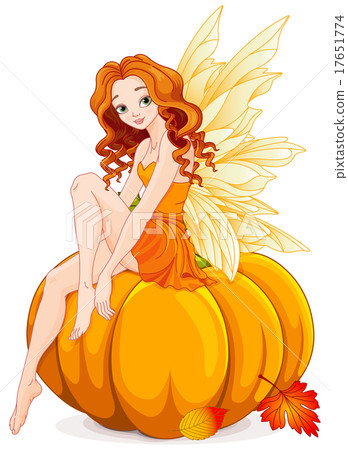
- Pumpkin and pumpkin patch. This image is a great way to capture the essence of fall.

- Pumpkin and jack-o'-lantern. This image is perfect for Halloween night.

- Pumpkin and fall foliage. This image is a great way to capture the beauty of fall.
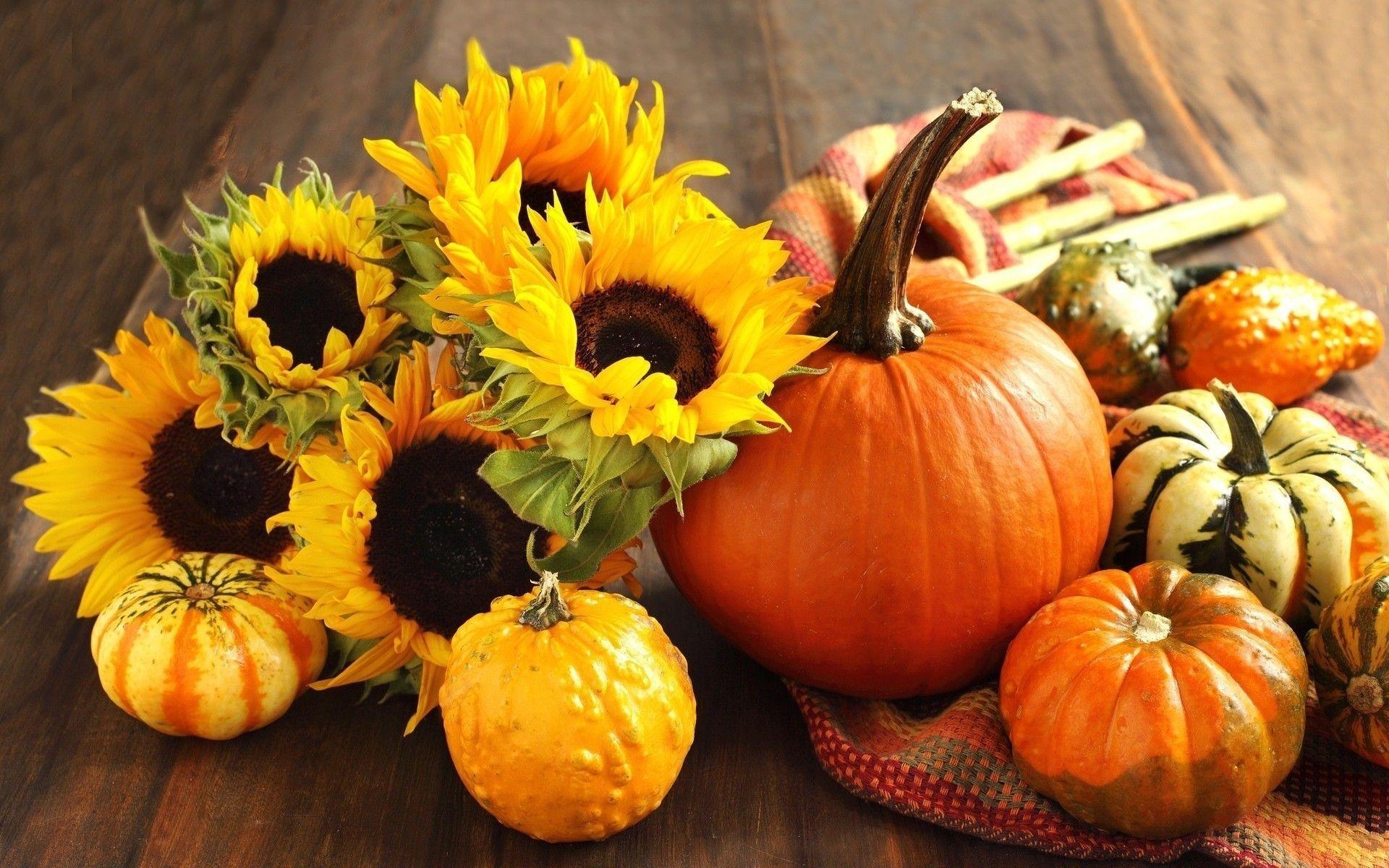
Post a Comment for "The Ultimate Guide To Pumpkin Companions: Plants That Will Boost Your Yield"